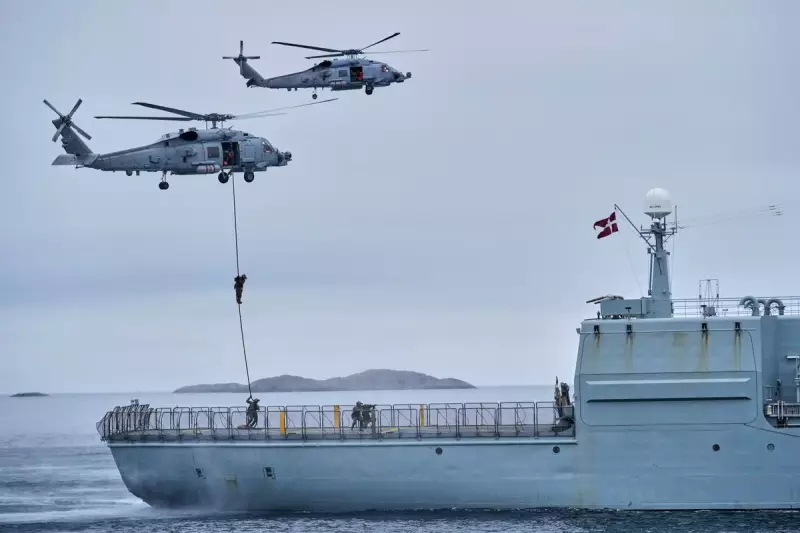
In a monumental strategic shift, Denmark has announced an unprecedented £3.5 billion (DKK 35 billion) investment to fortify its Arctic defences, a direct response to escalating Russian military activity and a move that firmly secures the future of Greenland within its realm.
The sweeping new defence agreement, backed by a vast majority in the Danish parliament, marks the largest military spending pledge in the nation's modern history. The funds will be allocated over two decades, signalling a long-term commitment to Arctic sovereignty.
The Greenland Gambit: A Shield Against Foreign Interest
Central to this new strategy is a powerful statement on Greenland, an autonomous Danish territory rich in rare earth minerals and of immense strategic value. The agreement explicitly aims to "prevent Greenland from becoming part of a great power game" and to shield it from the threat of coercion.
This move is widely seen as a preemptive strike against foreign acquisition attempts, most notably the 2019 proposition from then-US President Donald Trump to purchase the island, an offer Denmark's leader at the time, Mette Frederiksen, swiftly dismissed as "absurd".
Confronting the Russian Bear in the High North
The defence pact leaves no ambiguity about its primary objective: countering the Kremlin. The agreement document states a primary goal is "to contribute to deterring Russia" and managing the "direct and growing threat Russia poses."
This comes amid a dramatic increase in Russian military infrastructure and submarine activity in the Arctic region, a zone rapidly becoming a new frontline in global geopolitics due to melting ice caps opening new sea lanes.
Where the Money is Going
The colossal investment will fund a multi-faceted approach to Arctic security:
- Enhanced Surveillance: A significant upgrade to radar and satellite monitoring capabilities across Greenland and the Faroe Islands.
- Military Presence: Establishing a joint Arctic military command and increasing the permanent presence of Danish troops.
- Strategic Infrastructure: Developing new ports and airfields to facilitate rapid military response and support allied operations.
- Allied Cooperation: Deepening defence ties with key NATO partners, ensuring the region remains a secure zone for democratic nations.
This decisive action by Denmark underscores a new reality: the Arctic is no longer a frozen periphery but a central theatre for 21st-century power dynamics, and nations are mobilising accordingly.






